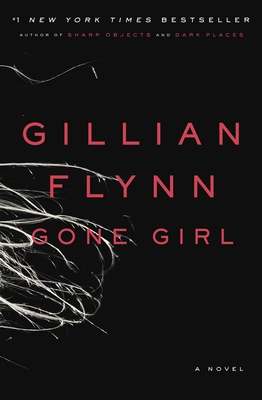So I'm always kind of behind the times when it comes to reading and reviewing books, right? Oh well, I'm still going to talk all about Rainbow Rowell's Fangirl because it was that awesome.
The first thing I'd like to say is that I don't think I've ever read anything that provides such an accurate depiction of what it's like to be a teenager with anxiety issues or mental illness. As a sufferer myself, I couldn't help seeing myself in the pages, even though I never necessarily displayed the same symptoms as Rowell's character, Cath. On a personal level I was immensely pleased that a book that portrayed the fangirl (or fanboy, you know) lifestyle as a positive thing, as a coping strategy and something that isn't completely dorky or unattractive.
Even if you're not a sufferer of a mental disorder, worry not. Fangirl is still a novel that feels like the next to top the list of 'coming of age' style stories. Above all, Rowell's work is a story about change and for any teenager about to head off to university - or college - this is a book that reminds us it's okay to be scared by taking those big steps that take us into adulthood. It's a story of family, friendship, relationships and remembering that everything isn't always as it seems. It's a story of life lessons. (It may be a bit cliché but this book is everything.)
The only complaint I've heard is that some people found Rainbow Rowell's pace dawdled at times. I can't say it was a problem that I personally encountered - I stayed up past 2am to devour all 500 pages of it in one night. For some I'd imagine the issue stems from Cath's fanfiction pieces (meant to resemble something written for the Draco/Harry ship in the Harry Potter fandom) that crop up between chapters usually. As those aren't integral to the story, I'd say that if you find them slowing the plot of the story too much, skip 'em. You won't be missing anything, save for getting a slight kick out of a tiny pop-culture reference if you're familiar with the Harry Potter fandom.
Those pop-culture references were something that I felt added fun to the book. Not only is the fanfiction based on Harry Potter but there are mentions of Taylor Swift, Twilight and Kanye West to name just a few.
While it was possibly a tad predictable, I did find there were a few surprises I didn't expect and that the book handled multiple different storylines well. While some of them ended happily for Cath, I found that those that didn't seem fully resolved didn't really bother me. Normally, I'm sure I would have a problem with this, but in some ways if everything turned out fine for Rowell's character's, the book would feel a bit contrived.
(I feel like I'm normally a lot more critical when I'm reviewing novels. The fact that this novel appealed to me on such a personal, relatable level has made it hard for me to do so - apologies!)


